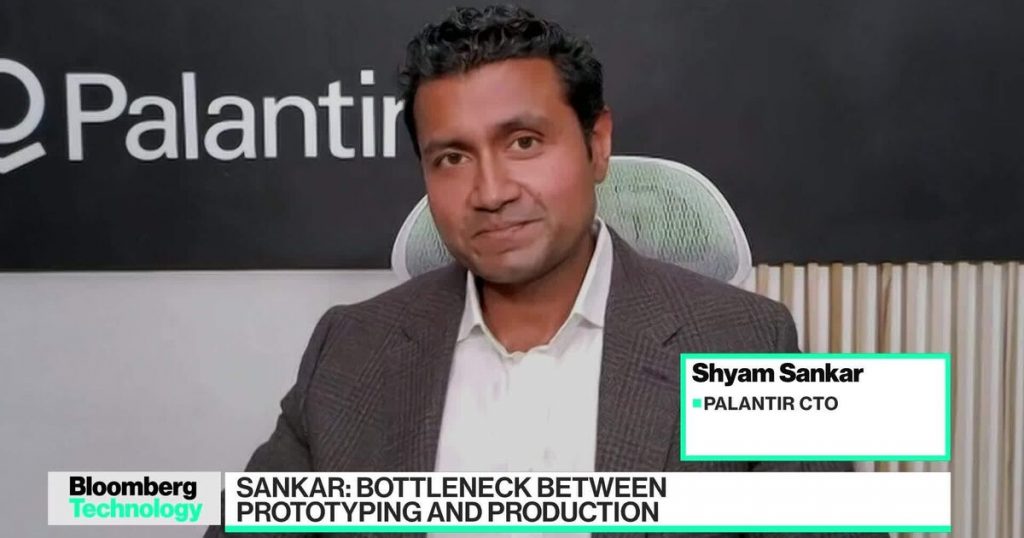AI continues to find software engineering use-cases across business and enterprises.
Shyam Sankar, CTO of Palantir Technologies, has shared insights into how AI is transforming software development within his own company. His remarks highlight a compelling trend: the emergence of “AI Forward Deployed Engineers” (FDEs). Sankar’s enthusiasm points to the potential of these AI-powered tools to revolutionize development speed, adaptability, and overall company agility. He likens the transformative power of AI to that of electricity, suggesting its value lies not in its creation, but in the tools and applications it empowers.

“The coolest stuff that I’ve been seeing is multiple teams internally at Palantir building AI FDEs,” Sankar said on the TBPN postcast. “It’s really compelling. It gets really far. It attacks different parts of the stack.”
He continued, “If every user could have their own on-demand, essentially infinite AI FDE, how much more stuff can you build? How much more quickly can you adapt? What’s your OODA loop as a company now?” The OODA loop – Observe, Orient, Decide, Act – refers to the decision-making cycle, a concept vital in military strategy and increasingly relevant in fast-paced business environments.
Sankar concluded his thought, stating, “So I think we’re deep in the implementation phase. If AI is electricity, all the value didn’t go to the people who made the turbine generators. It went to the people who made the tools that ran on electricity. And I think there’s just – we’re just so excited about proliferating and building those tools out.”
Sankar’s analogy to electricity is particularly striking. Just as electricity revolutionized industries by powering a vast array of tools and machines, Sankar envisions AI as the driving force behind a new generation of software development tools. These AI FDEs are not merely automating existing tasks; they are fundamentally changing how software is built and deployed, empowering developers to achieve previously unimaginable levels of productivity and responsiveness.
Palantir isn’t the only company that’s adopting AI engineers. Klarna says it has stopped hiring humans entirely, and is looking at AI to boost productivity. Salesforce meanwhile has said that it won’t hire software engineers this year, and Inmobi has said that the gains that it’s seeing from AI will cause human software engineers to lose jobs. Shopify, meanwhile, has said it now checks with teams asking for more human resources why the task can’t be done with AI. And if these trends continue, they could end up reshaping the software engineering market as we know it.
